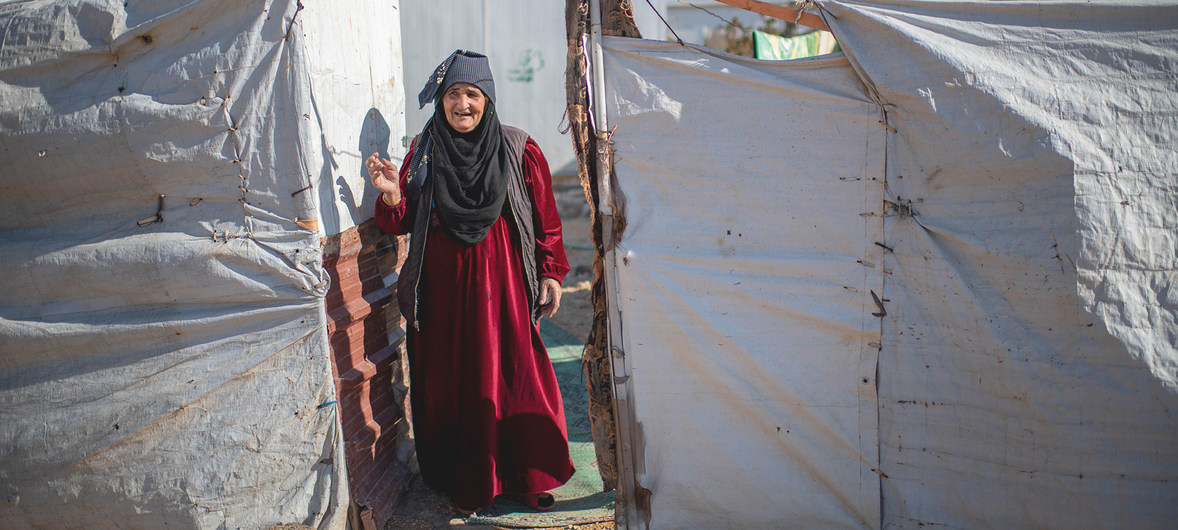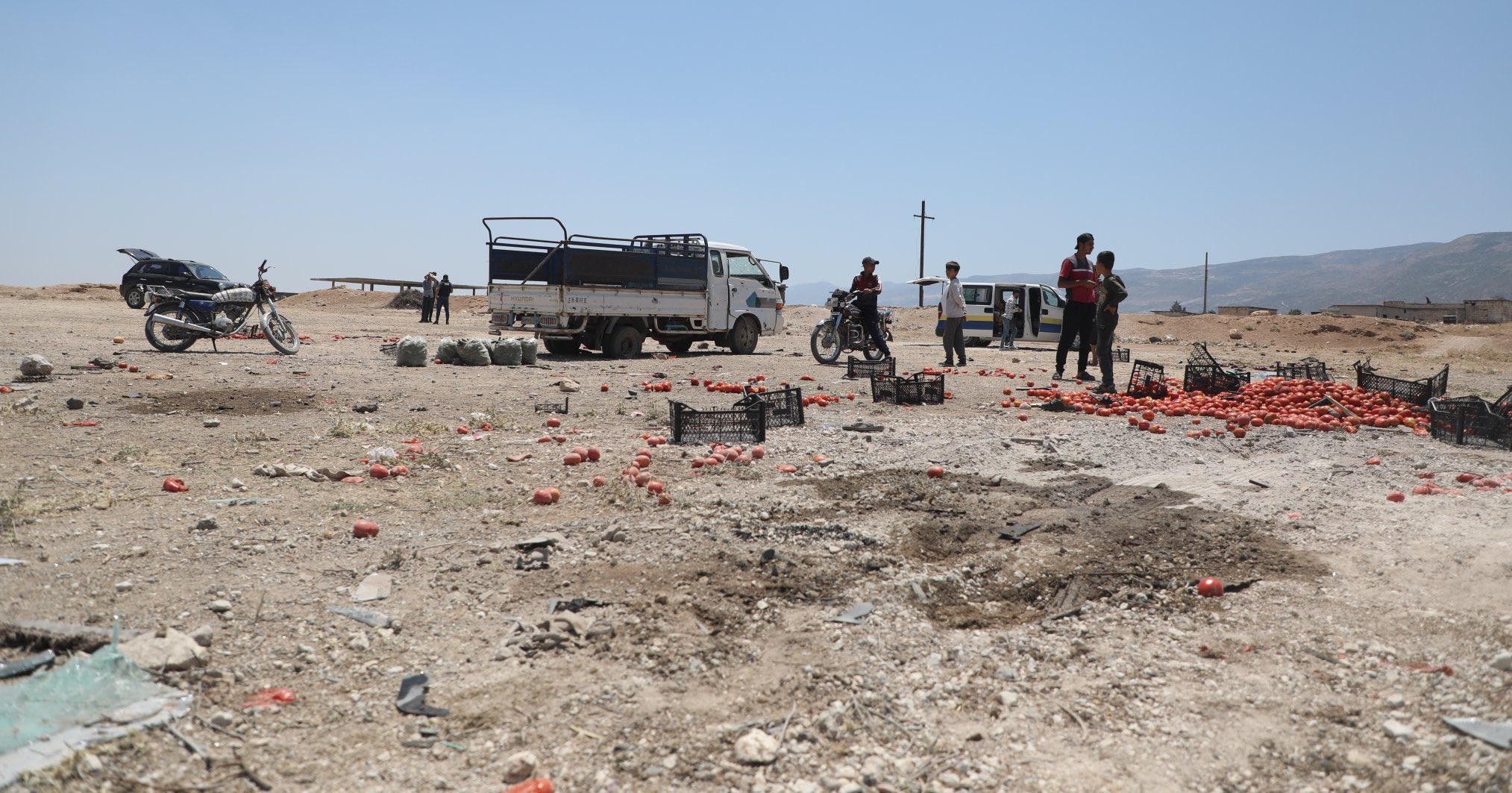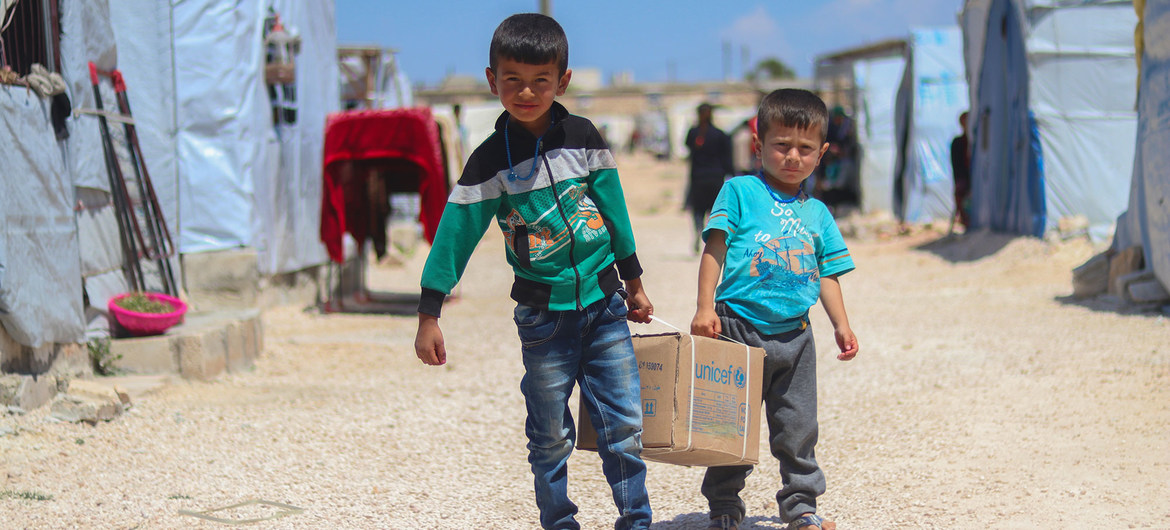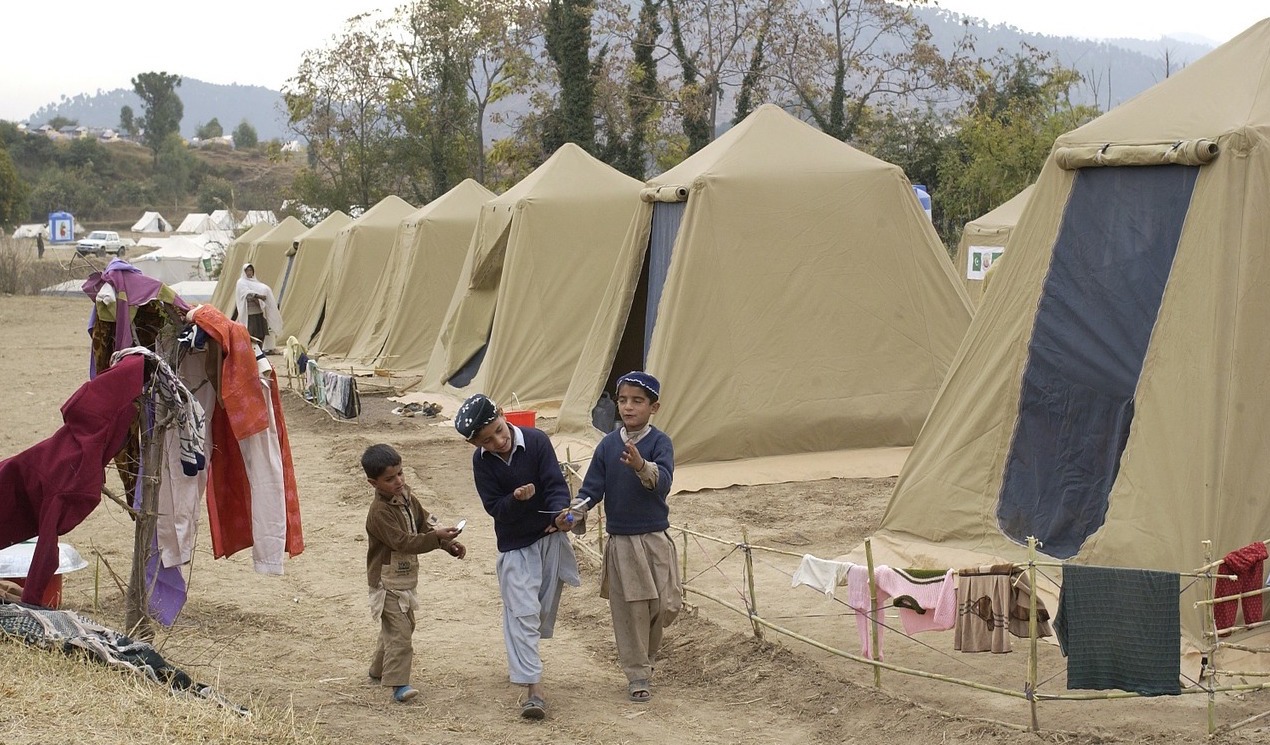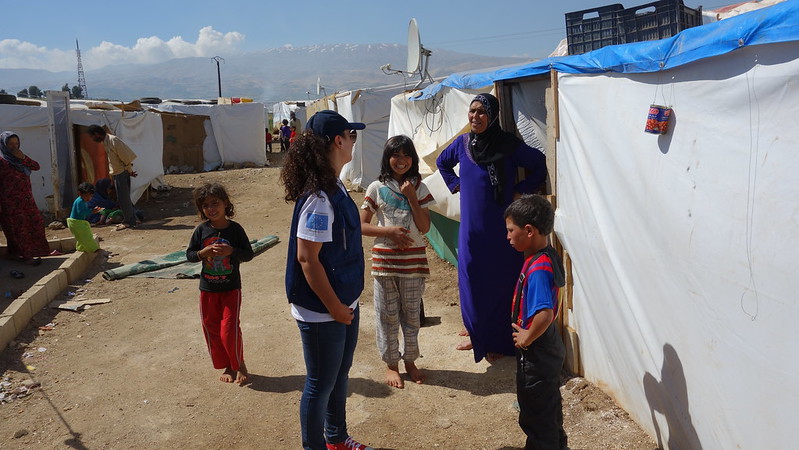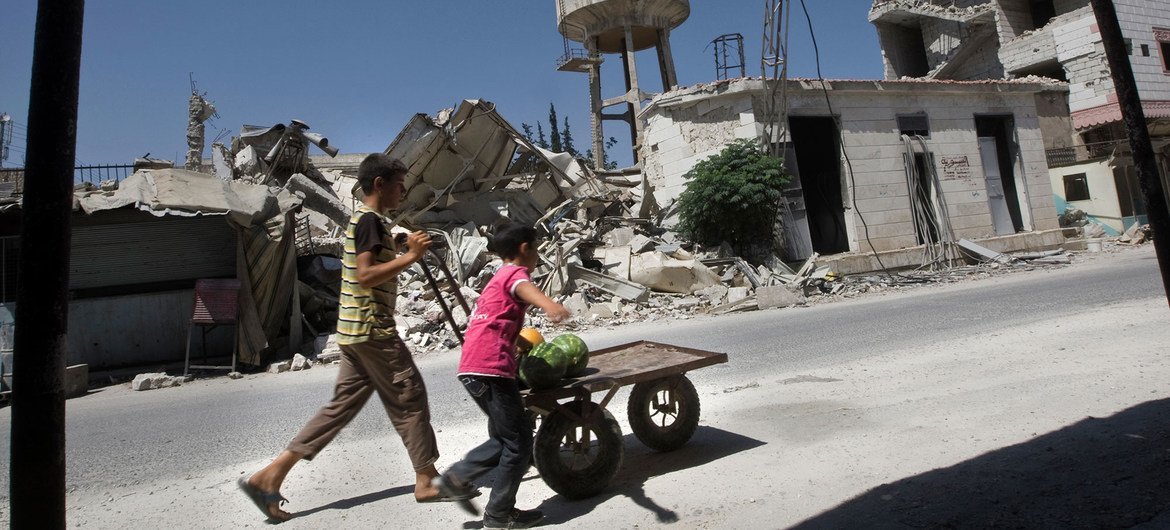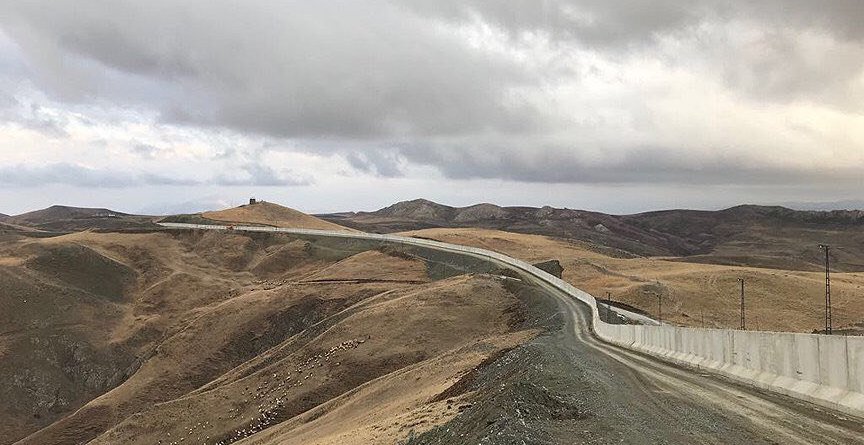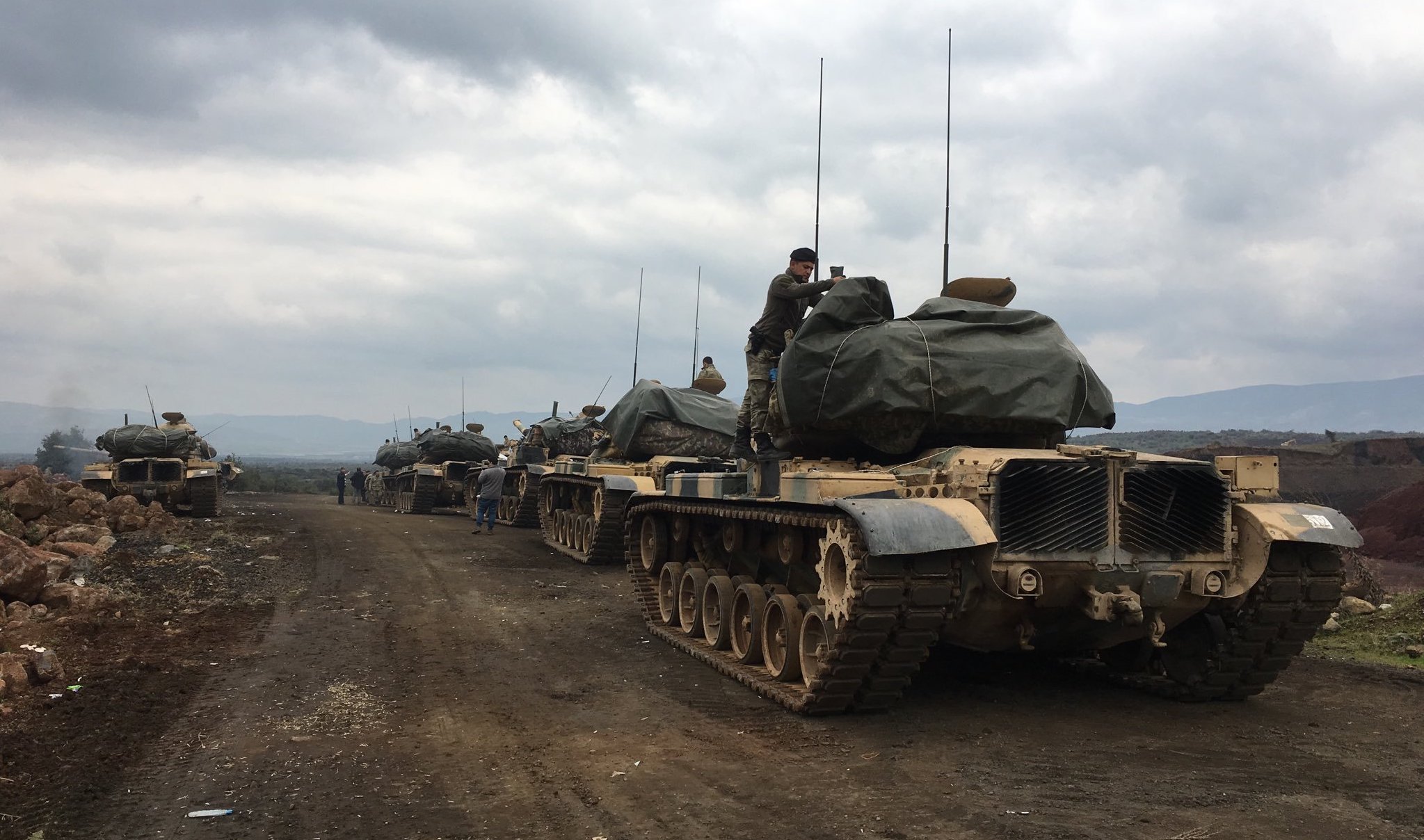
Turkey intransigent on Syria occupation zone
In his drive for “normalization” of his regime, Syran dictator Bashar Assad has been welcoming meetings with regional leaders in recent months. However, in comments to a reporter, he set a withdrawal of Turkish troops from northern Syria as a precondition for any meeting with Turkey’s President Recep Tayyip Erdogan. “Erdogan’s objective in meeting me is to legitimize the Turkish occupation in Syria,” Assad said. Turkey’s Defense Minister Yasar Guler responded by saying: “It is unthinkable for us to withdraw without ensuring the security of our borders and our people.” Ankara continues to demand the establishment of a 30-kilometer deep “buffer zone” cleared of any Kurdish armed groups. (Photo: Mark Lowen via Wikimedia)




